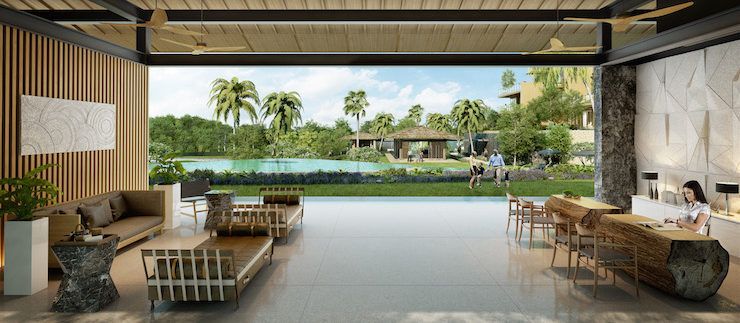There’s more to life than money, and the same goes for buying real estate.
In an increasingly unstable and uncertain world of shifting political regimes, climate patterns and economic powers, many investors are finding themselves asking what constitutes real value.
Most societies have historically measured worth in concrete financial statistics: in GDPs, stock indices, and all sorts of monetary projections. Yet the more these figures fluctuate, the more individuals seek to ground their portfolios in items of perceived long-term value, tangible or otherwise.
The Kingdom of Bhutan was the first country to attempt to measure its prosperity by the general wellbeing of its inhabitants rather than economic prowess when it introduced Gross National Happiness (GNH), a rough measure of the quality of life of its citizens.
More objective and more exhaustively researched is the World Happiness Report, a survey launched in 2012 that ranks satisfaction in 155 countries based on factors such as life expectancy and quality. Although nations that ranked high on the survey such as Norway, Iceland, and Denmark certainly had high GDP rates, the fact that they offer inhabitants a sense of security and comfort earned them the top slots. If a stable, prosperous future in a desirable setting is key to determining happiness, then surely investing in property is one of the best paths to achieving that aim.
Although any form of investment has the potential to rise or fall, property has long been considered one of the most surefire paths to financial returns. In a region as fast-changing as Asia, where individual currencies and even governments are liable to change at a moment’s notice, a physical piece of property in a prime location such as Hong Kong, Singapore, or Bangkok has the potential for high gains with minimal risk.
“It won’t be enough simply to have a ‘build it and they will come strategy,’” says Mark Clifford, executive director of the Asia Business Council. “We’re moving from a supply-constrained seller’s market to one where buyers have more choice, and more power. Good-value, well-designed and livable buildings are likely to command a premium.”
Assessing the true value of property remains more art than science, but by taking some of these lifestyle benefits into account when making a purchase, it is possible to reap long-term rewards.




